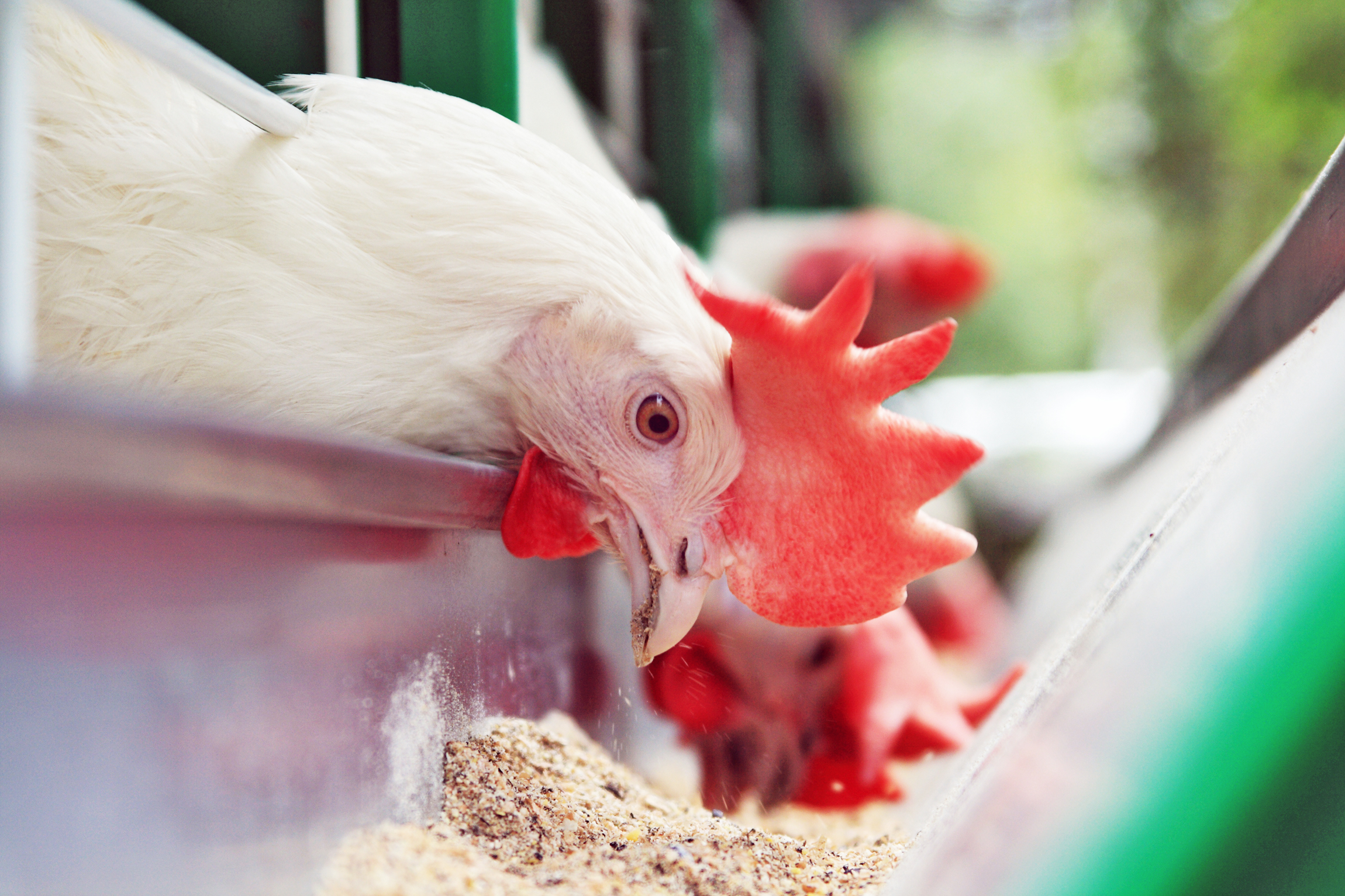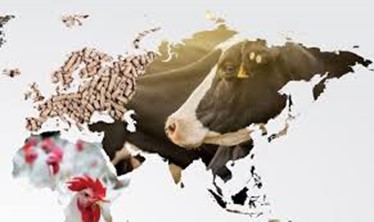
Whether it’s in increased imports or technical support trainings, U.S. Soy has a place in the Turkish poultry industry.
Poultry Industry Growth
Chicken meat production in Turkey rose by 0.9% in the first nine months of 2020, according to the country’s statistical authority (TurkStat). Chicken meat production amounted to 1.61 million tons in the nine-month period, while turkey meat production rose by 5.5% to reach 44,788 tons.
The figure for slaughtered chicken was 909.3 million units, up 0.5% year-on-year. Slaughtered turkeys climbed by 3.8% to 4,377 units over the same period.
The official poultry production report also revealed that hen egg production in Turkey totaled 14.6 billion units, decreasing slightly by 0.5% year-on-year during the first three quarters.
Meanwhile, in September, chicken and turkey meat production totaled 174,035 and 4,563 tons. Those figures were down 7.8% and 7.9%, respectively.
Turkey is importing around 3.5 million tons of soybean and soybean meal yearly, and the growth of the industry is providing great opportunity to increase U.S. Soy exports to the region in the future.
GMO Events
While the Turkish poultry and feed industries are rapidly growing, issues are arising in the utilization of U.S. Soy.
The Turkish feed industry became the largest feed producer in Europe last year, with 25 million tons of feed produced. However, soybean and corn imports from the U.S. have slowed down and even stopped in the past two years due to unapproved GMO Events for both commodities.
Turkey’s current biosafety law limits imports of genetically engineered feed and puts financial responsibility, as well as criminal and civil liability, on importers. In addition to current unapproved soybean GMO Events, there are three soybean and corn events expiring in mid-January of 2021. If the government does not approve the events, there will be availability issues in protein ingredients for the Turkish poultry industry.

Industry stakeholders do expect the Turkish government to approve the events before their expiration date, or at least synchronize them with the European Union biotech rules. Their approval would have a positive impact on U.S. Soy exports to Turkey, potentially starting them up again.
Virtual Technical Support in Poultry Diseases and Management
In the wake of poultry industry growth and import challenges, the U.S. Soybean Export Council hosted a virtual technical support webinar for three Turkish poultry companies in November.
Chicken is the most popular meat in Turkey. As of 2020, Turkey had 7,807 broiler production facilities. In 2020, Turkish producers faced the COVID-19 pandemic during high-capacity months, resulting in production overstocks industry-wide.
Dr. Gary Butcher, a professor at the University of Florida, College of Veterinary Medicine, emphasized the importance of disease management in the face of these production overstocks throughout the technical support webinars. He focused on poultry health management with the companies and their veterinarians. Topics ranged from routine preventative measures against diseases to good poultry farming practices for a clean and hygienic environment.
The main preventative measures introduced were poultry vaccination programs, practicing routine biosecurity procedures between flocks, and proper on-farm management.
USSEC consultants also presented to the three companies. They focused on the role of U.S. soybean meal’s digestibility in maintaining birds’ optimum performance. They also reviewed the influence of nutrients on how poultry respond to disease. For example, U.S. Soy is made up of advantageous amino acid profiles, which can help in reducing stress on animals during stressful periods of time.
The Turkish customers involved had an opportunity to ask questions and receive answers during the one-on-one webinars, becoming more familiar with both disease management and U.S. Soy.
